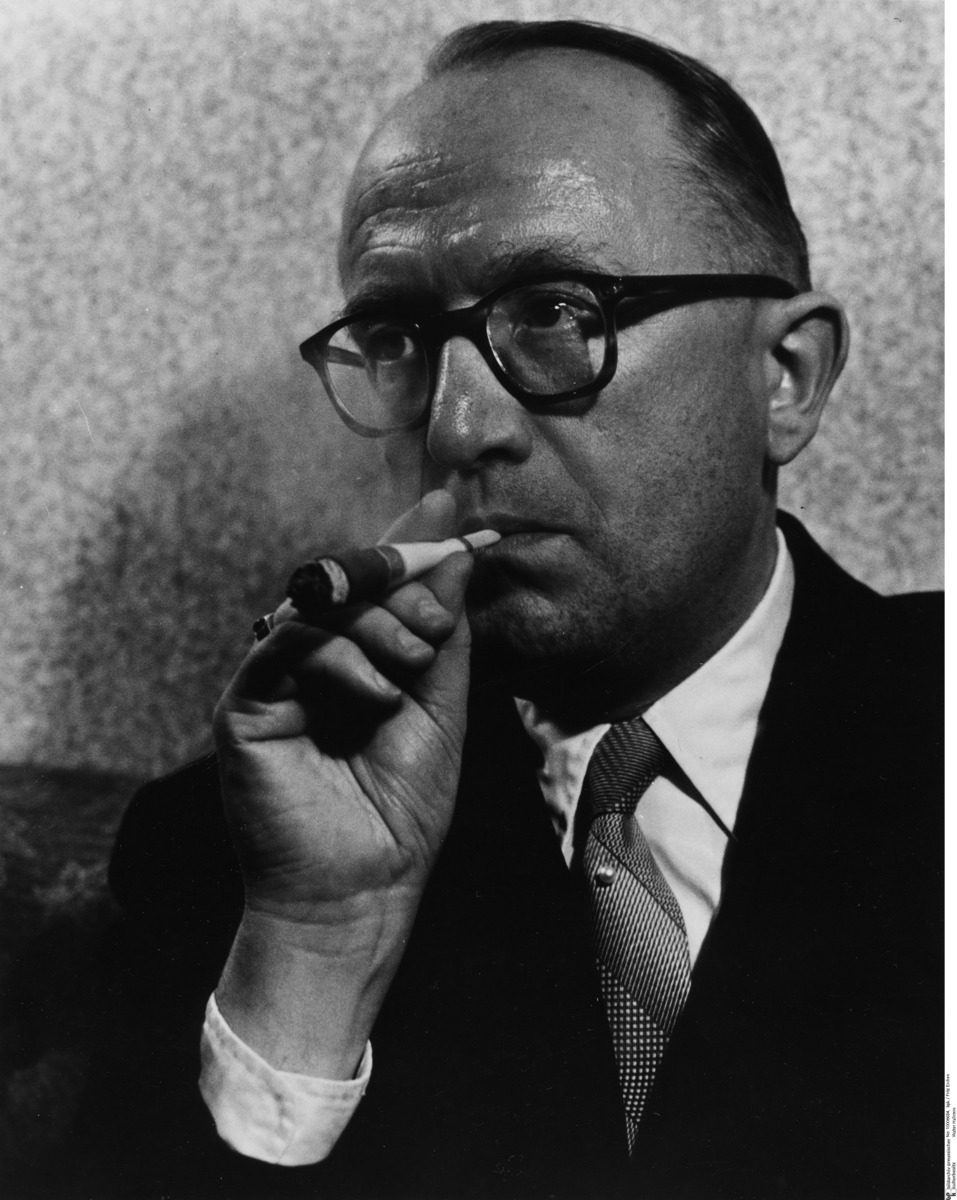Abstract
As State Secretary in the Chancellery (1950/51) and State Secretary
in the Foreign Office (from 1951), Walter Hallstein (1901–1982), a law
professor, was instrumental in the success of the negotiations on the
European Coal and Steel Community and the European Economic Community
(EEC). The Treaties of Rome took effect on January 1, 1958; shortly
thereafter Hallstein was elected as the first president of the
Commission of the EEC. Hallstein saw economic integration as a precursor
to political union, which he believed should be the goal of West
Germany’s European policy. This line of thought conflicted with Charles
de Gaulle’s concept of a “Europe of fatherlands.” After conflicts
emerged about agricultural financing, and after the French resisted
certain EEC policies—including the community’s request for certain
payments and the introduction of majority decisions in the Council of
Ministers—the French government demanded that Hallstein be removed from
his post. This followed in mid-1967.
